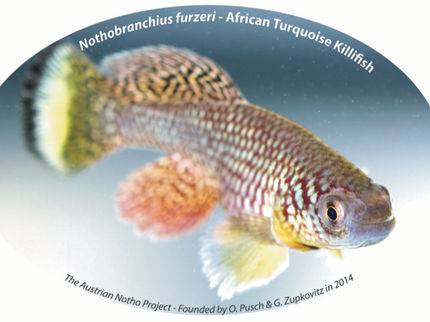Granada researchers demonstrate the effectiveness of proteins found in pulses to prevent colon cancer
Advertisement
Scientists of the Estación Experimental del Zaidín (EEZ) Granada centre, attached to the CSIC, have proven that a group of proteins present in pulses are useful to prevent gastrointestinal diseases and, specially, to prevent colon cancer. They are leguminous proteins of the Bowman-Birk family that have the capacity to inhibit the molecular signs that tumour cells send out to grow and invade other nearby cells. The group of researchers, led by Alfonso Clemente Gimeno, has shown that proteins can arrive intact in the large intestine after going through the whole digestive process. This guarantees that they are capable of taking their beneficial properties to the last intestinal tract. All these results have been obtained within a project of excellence of the Andalusian Ministry of Innovation, Science and Enterprise.
Bowman-Birk proteins (BBI) are very abundant in the seeds of leguminous plants such as peas, broad beans, lentils and soy and are very stable and have a high diversity of shapes. The relevance of these molecules lies in their capacity to inhibit certain protease-type enzymes, some of which play an important role in the development of tumour processes. BBI proteins have a preventive effect and/or a therapeutical one in the development of tumour processes both in vivo, as a result of experiments made with pigs, and in vitro, by cultivating cells of human colon. The anti-proliferative activity of Bowman-Birk proteins has been demonstrated at Estación Experimental del Zaidín using colon cell models, the result being that these proteins do not have an anti-proliferative effect in normal human (non carcinogenic) colon cells.
The suitability of these proteins to prevent or fight colon cancer lien in the fact that they are capable of reaching such part of the digestive tract. The group of Granada-based researchers has demonstrated that BBI proteins overcome the digestive process and that between 5-8% arrive intact in the large intestine. This fact corroborates the great resistance of proteins, which can be considered as indestructible, as they survive the extremely acid pH of the stomach, the digestive enzymes action and the action of intestinal microbiota. Although proteins from different leguminous plants have been used for this project, the main results obtained were those of proteins taken from soy, which is where most of the research carried out by Clemente’s group focuses on.
A few decades ago, part of the scientist community firmly defended that the intake of leguminous plants could be harmful for the diet due to their high level of BBH proteins they contain, as they cannot be digested nor absorbed and therefore difficult the digestion process as they inhibit protease irreversibly. Currently the real importance of such proteins can have has been discovered thanks to the research work led by Alfonso Clemente. Indeed despite that negative property, this group of molecules can have a great positive potential too.



























































